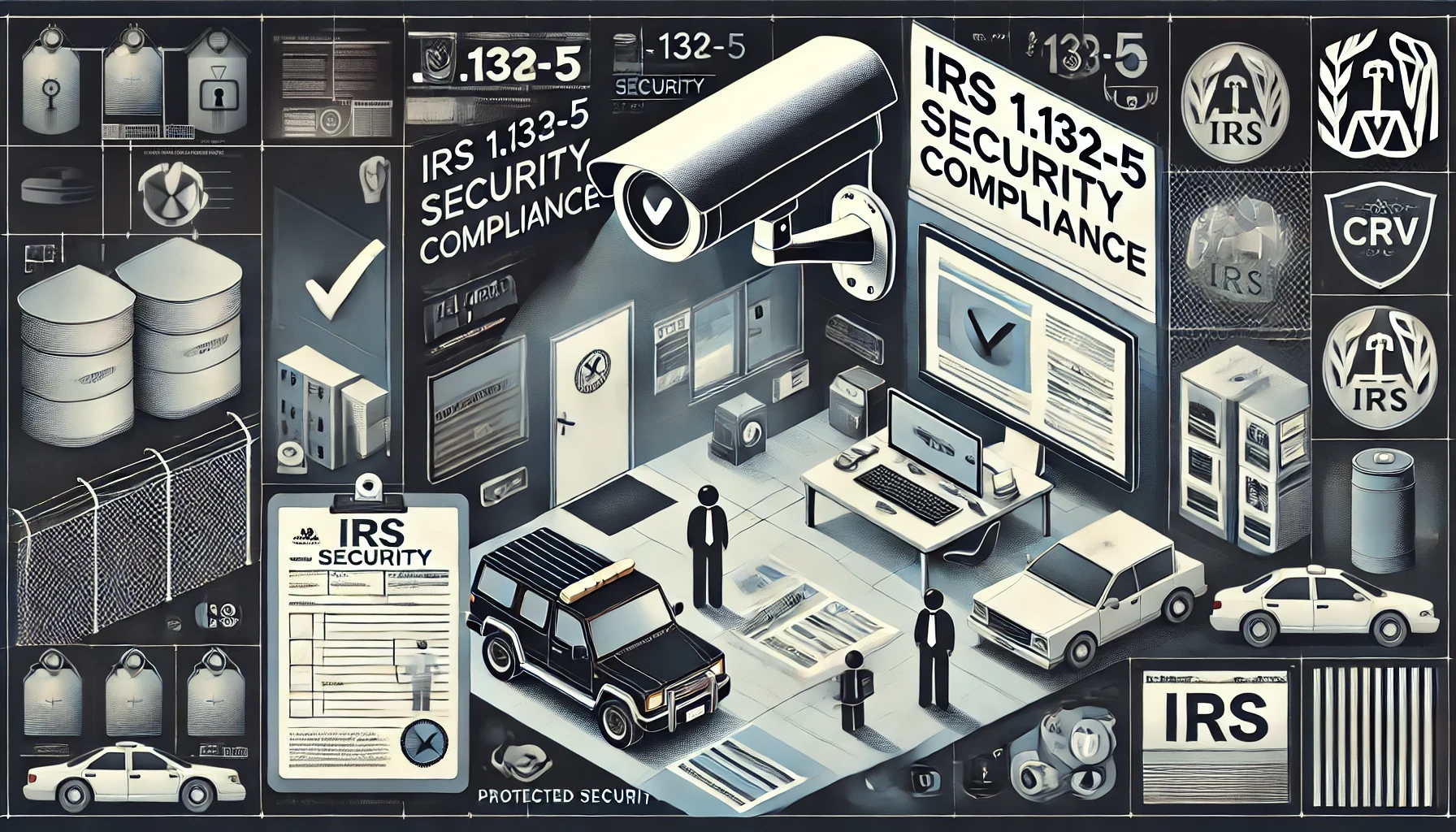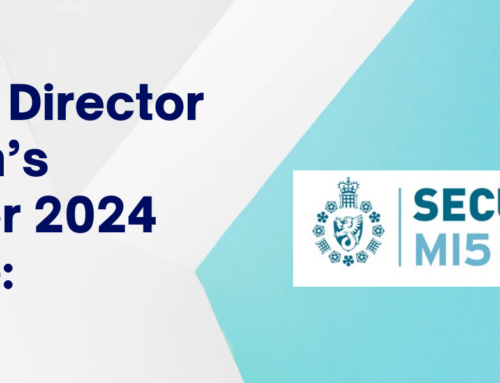
IRS Section 1.132-5 allows companies to offer security-related fringe benefits such as private jets, executive protection, and secure transportation without burdening employees with additional tax liabilities. This is provided that bona fide business-oriented security concerns necessitate the services.
An unbiased, independent third-party consulting firm must conduct the threat assessment. ETS Risk Management satisfies all of the IRS requirements for Section 1.132.5 compliance and has conducted numerous assessments for large organizations and family offices.
What is IRS Section 1.132-5?
IRS Section 1.132-5 defines the “working condition fringe benefit” exclusion, which allows employees to exclude certain job-related benefits from their taxable income. These benefits would otherwise be taxable if provided by the employer for personal reasons. When it comes to security, this regulation becomes particularly important for organizations providing protection, private air travel, and secure transport to executives or employees who are deemed to be at risk due to their professional role or public profile.
Key decision-makers and leaders within corporations, both public and private, often receive extraordinary fringe benefits that may be treated as income and includable as compensation subject to tax. Under 26 CFR, Section 1.132.5, specific statutory exclusions exist if a company can demonstrate that a “bona fide business-oriented security concern exists” and if the “employer establishes, to the satisfaction of the (IRS) Commissioner, that an Overall Security Program
has been provided concerning the employee involved.” An Overall Security Program, as defined by the IRS, will be deemed to exist where the employer conducts and implements the recommendations of an objective, independent security study.
How Does This Regulation Benefit Organizations and Individuals?
1. Ensures Tax-Efficient Security Provision
Providing security services to executives or employees facing heightened risk can be costly. Without IRS 1.132-5 compliance, the value of these services would typically be included in the employee’s gross income, increasing their taxable burden. By leveraging IRS 1.132-5, organizations can exclude the value of these services from income, protecting both the employee and the company from unnecessary financial strain.
For example, consider a high-profile executive who requires round-the-clock protection due to business-related threats. With IRS 1.132-5 compliance, the cost of this protection—whether it involves bodyguards, secure vehicles, or home security systems—is treated as a business expense, rather than a personal fringe benefit, ensuring that these critical services are tax-efficient.
2. Substantiates the Need for Protection
To qualify for the tax exclusion, organizations must demonstrate that the security services are necessary due to a bona fide security concern. This is where ETS Risk Management steps in. We specialize in conducting comprehensive security studies and risk assessments to evaluate potential threats to executives or key personnel.
Our assessments provide organizations with the evidence they need to justify security measures as essential, rather than discretionary. These assessments cover:
- Threat analysis based on geopolitical risk, criminal activity, and industry-specific risks.
- Evaluating the personal profile of the executive or high-net-worth individual and the business risks they face due to public visibility or sensitive decision-making roles.
- Assessing the locations or regions where the individual frequently travels, as some areas carry heightened risks that necessitate secure transport or protection.
By conducting these risk assessments, we provide organizations with the necessary documentation to demonstrate to the IRS that the security measures are part of a larger risk management strategy, not a personal luxury.
3. Strengthens Corporate Governance and Compliance
Today’s business environment requires organizations to prioritize not only operational security but also corporate governance. Companies must comply with numerous regulations, from privacy laws to financial reporting requirements. IRS 1.132-5 compliance is an extension of this governance, ensuring that companies are properly reporting security-related expenses and protecting their executives while staying on the right side of tax regulations.
Adopting IRS 1.132-5 protocols signals to stakeholders—whether employees, board members, or regulators—that the organization is committed to responsible governance, aligning security expenditures with legitimate business needs.
4. Minimizes Risk of Audits and Penalties
Failing to properly account for the value of security services can trigger IRS audits and penalties, which can be costly and time-consuming. With proper compliance through IRS 1.132-5, companies reduce the risk of facing such penalties, as they have clear documentation and justification for the security services provided.
How ETS Risk Management Can Help with IRS 1.132.5 Threat Assessments
At ETS Risk Management, we assist companies by ensuring they have the right documentation in place through risk assessments, security studies, and expert opinion to substantiate that the security measures provided are in response to a bona fide business-oriented concern. This compliance also helps mitigate the risk of any future tax disputes regarding the classification of security benefits.
We understand that the security needs of organizations and high-net-worth individuals are multifaceted. As experts in both risk assessment and security studies, we ensure that the security measures provided by your organization are both necessary and compliant with IRS regulations.
ETS has a subject matter expert team that works closely with clients. The threat assessment, independent security study, and the resulting recommendations will provide security risk insights and actionable security strategies. All the while satisfying the requirements outlined in CFR 26 Section 1.132-5, gross income exclusions associated with “Working Condition Fringes.”
Our services include:
- Risk assessments to identify and quantify threats to executives and high-profile individuals.
- Security studies to justify the need for protection services under IRS 1.132-5.
- Ongoing compliance reviews to ensure that your organization remains aligned with tax and security regulations.
IRS 1.132-5 is a powerful tool for organizations, executives, and high-net-worth individuals, providing tax-efficient solutions for necessary security measures. At ETS Risk Management, we specialize in helping our clients navigate the complex landscape of IRS compliance, ensuring that all security-related fringe benefits meet the criteria for exclusion under current IRS regulations. For further reading, see our article on ‘How to get IRS 1.132.5 Compliance’.
For more information on how ETS Risk Management can assist your organization in achieving IRS 1.132-5 compliance while optimizing your security strategy, contact us today.






